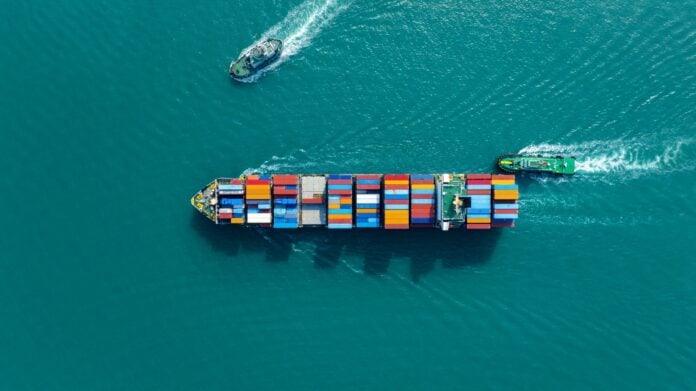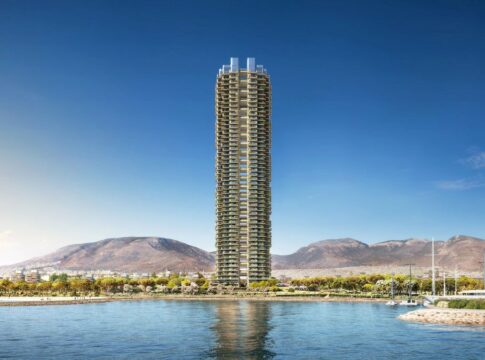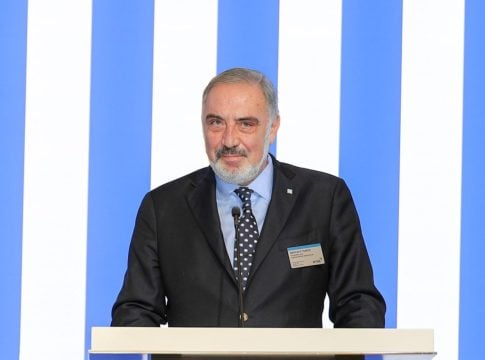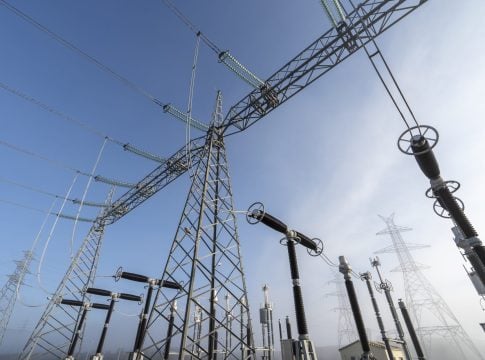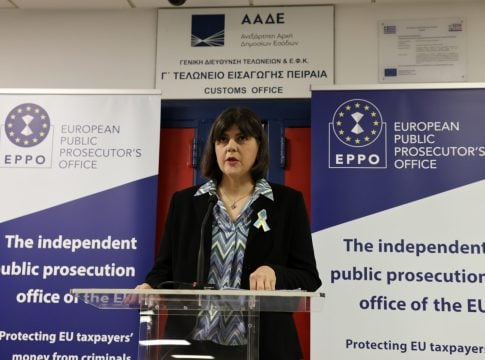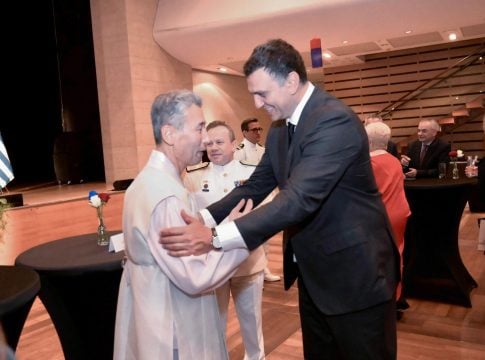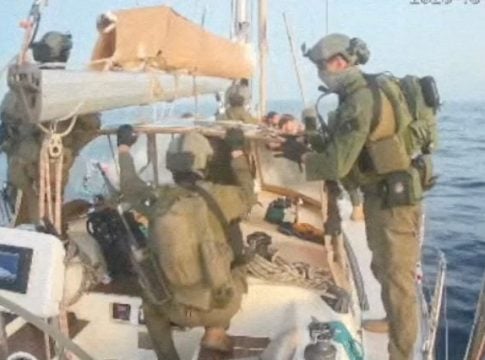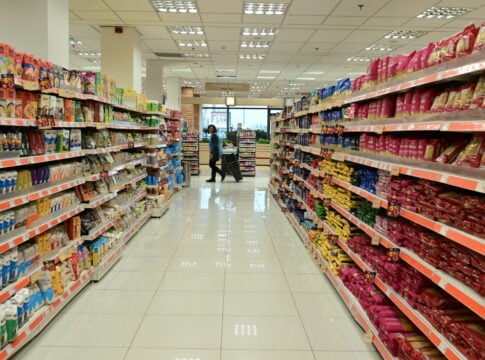The Greek orderbook recorded a new notable increase in September, led by containerships and tankers, confirming the strategic orientation of Greek shipowners in two of the most dynamic sectors of shipping.
According to the latest analysis by the shipbrokerage house Xclusiv Shipbrokers, Greece further strengthened its position in the global orderbook, with the Greek shipowners building a total of 644 ships during this period (634 in August and 625 in July), which, according to the plans of the shipping companies, will be delivered during the three-year period 2025 – 2028.
Compared to last month, the Greek orderbook increased by 10 ships, reflecting the trend of strengthening market shares, while deliveries of newly built ships to Greek companies are continuous.
Containerships
The most impressive increase concerns container ships for another month, with Greek shipowners maintaining 97 orders (11 more), a number corresponding to 9% of the global orderbook. The emphasis is on neo-panamax (50%), followed by feeders (34%), confirming the increased interest of recent months.
Overall, the total containership fleet numbers 6,990 ships, with an average age of 13.9 years, while the “frenzy” of orders – as analysts call it -, although weakened compared to 2024, records a new recovery with 1,052 ships under construction (from 972 in August).
Despite market warnings of oversupply of capacity, the Greek strategy is driven by economies of scale and the need to renew the fleet with units that comply with EEXI and CII regulations. The increase compared to August proves that Greek shipowners are not afraid to position themselves in the sector, investing in cutting-edge technology.
The investments of Navios Maritime and Danaos are indicative, as a few days ago proceeded with new orders in order to expand their fleets.
In particular, Navios, headed by Angeliki Frangou, secured an order for the construction of four containerships with a capacity of 8,850 TEUs at the South Korean shipyards HJ Shipbuilding. Danaos, owned by Dr. Ioannis Coustas, placed an order for two container ships, with a capacity of 7,165 TEUs each, at the Dalian Shanhaiguan shipyard in China.
Tankers
Greek investments in tankers are also steadily increasing, with the Greeks shipowners now holding 295 orders, i.e. approximately 24% of the global orderbook (288 in August). Investments are concentrated in Suezmax (86 ships) and Aframax/LR2 (68 ships), with a parallel strong presence in MR2 product tankers (52 ships). This strategy enhances the flexibility of the Greek fleet, as it covers the entire spectrum of demand from crude to refined products.
The increase in the Greek orderbook in tankers reflects confidence in the medium-term prospects of the market, although freight rates are fluctuating. At an international level, the tanker orderbook has increased to 15.2% of the fleet, from 12.9% last year.
Meanwhile, the total number of ships on the global order book stands at 1,221, up from 909 last month. However, based on the data and despite the strong activity, the average age of the global fleet remains high at 13.8 years, indicating the need for further renewal investments.
Bulk carriers
As for the bulk carrier sector, a traditional “paper” of Greek shipowners, the “Greeks” have 158 ships on order, a percentage that corresponds to approximately 12% of the global orderbook (162 ships in August).
It is noted that the “abstinence”, with zero orders since the beginning of the year, remains for another month, which – according to analysts – is partly attributed to a strategic wait-and-see attitude, with many turning to the second-hand bulker market for bargains.
Greece continues to have a stable presence in sizes such as Kamsarmax and Ultramax, while at a global level the bulker orderbook corresponds to 10.7% of the fleet, preventing the emergence of oversupply.
Greece leads the way in LNG & LPG carriers
Finally, in gas carriers, Greece continues to play a leading role, combining a fleet renewal strategy with a long-term perspective.
In LNG carriers, Greece has 50 orders, a percentage that corresponds to approximately 15% of the global orderbook and an emphasis on the 141k-200k CBM capacity. This presence keeps the Greeks among the strongest players in the LNG market. At the same time, in LPG (Liquefied Petroleum Gas), the Greek order book counts 44 orders, mainly in VLGCs, showing interest in diversification in sectors related to the energy transition. In fact, these numbers bring (also in September) Greece to second place worldwide, behind only Japan in LNG carriers and Norway in LPG carriers.


